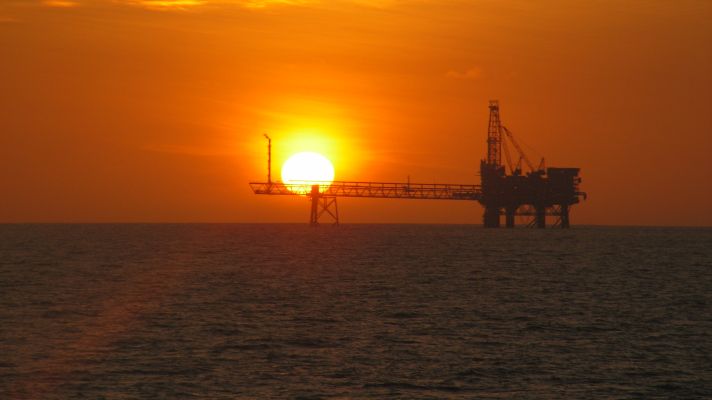The Dutch Council of State has decided that the incorporation plan and environmental permits for the so-called Porthos project remain in place. This means that the project that will see CO2 stored in empty gas fields in the North Sea may go ahead.
This follows from a ruling by the Administrative Law Division of the Council of State today (16 August 2023). The Dutch Minister for Economic Affairs and Climate Policy and the Minister for Housing and Spatial Planning have demonstrated on the basis of objective data that it has been ruled out that the project will affect eight surrounding Natura 2000 areas.
‘This is very good news and a great day for Rotterdam and Dutch industry,’ says Minister of Economic Affairs and Climate Policy, Micky Adriaansens. ‘We need all routes to make industry sustainable at a rapid pace. Our industry is very important for our economy, employment and to avoid becoming too dependent on other countries.’
Also read: Will CO2 be stored in empty gas fields in the North Sea?
Previous ruling
The ministers initially used the so-called construction exemption for the Porthos project. In an interlocutory ruling in the case, the Administrative Law Division ruled last November that this exemption should not be used. This meant that ministers had to make an individual nitrogen impact assessment for the project. This had already been made during the proceedings before the Administrative Law Division, but the objector, the Mobilisation for the Environment (MOB) cooperative, had not yet been able to respond to it.
After the interlocutory ruling, MOB responded to the individual assessment. According to the environmental organisation, this assessment falls short on several points and therefore underestimates the nitrogen effects of the project.
Also read: Billion-euro subsidy brings CO2 storage in the North Sea a step closer
Temporary and limited
In this case, the Administrative Law Division was faced with the question of whether the assessment of the nitrogen impacts of the Porthos project stood the test. It does. The project does lead to a temporary and limited increase in nitrogen emissions on parts of the surrounding Natura 2000 areas, ranging between 0.01 mol and 0.57 mol of nitrogen per hectare per year.
However, the ministers have shown, based on objective data, that in this case, it has been ruled out that these natural areas will be ‘significantly affected’. Moreover, the assessment of nitrogen impacts was carried out on the correct assumptions and with ‘the required depth’. The requirements of nature conservation law have thus been met.
MOB’s fear that this would create a threshold value for future projects is not justified. In the ruling, the Administrative Law Division stressed that an ecological analysis of the consequences must be made for every plan or project. This takes into account the specific environmental characteristics and circumstances of the Natura 2000 site. Even in the case of a temporary and limited increase, as in this case.
Porthos project
The incorporation plan “Porthos transport and storage of CO2” makes it possible to store CO2 from industry in the Rotterdam port area in empty gas fields under the North Sea. For this purpose, a CO2 transport pipeline will be constructed from the port area to the North Sea. A compressor station will also be built on the Aziëweg in Rotterdam and the gas production platform P18-A in the North Sea will be converted into a platform for CO2 storage. The Minister of Economic Affairs has granted permits for this.
The companies involved in the project have already been granted a subsidy that could amount to over 2 billion euros. The court procedure would initially cause the companies involved (EBN, Gasunie, Port of Rotterdam Authority) to delay their investment due to uncertainty over the outcome, inevitably resulting in delays. However, the Dutch government considered the project so important that Climate Minister Rob Jetten informed parliament in December that he would guarantee some €150 million for the costs incurred by the companies involved.
The Porthos project will reduce CO2 emissions by 2.5 Mton per year. Construction for Porthos is to start in 2024, with completion expected in 2026. So far, no such project on this scale has proven itself anywhere in the world.
Also read: Fugro: Carbon capture and storage can be combined with offshore wind








